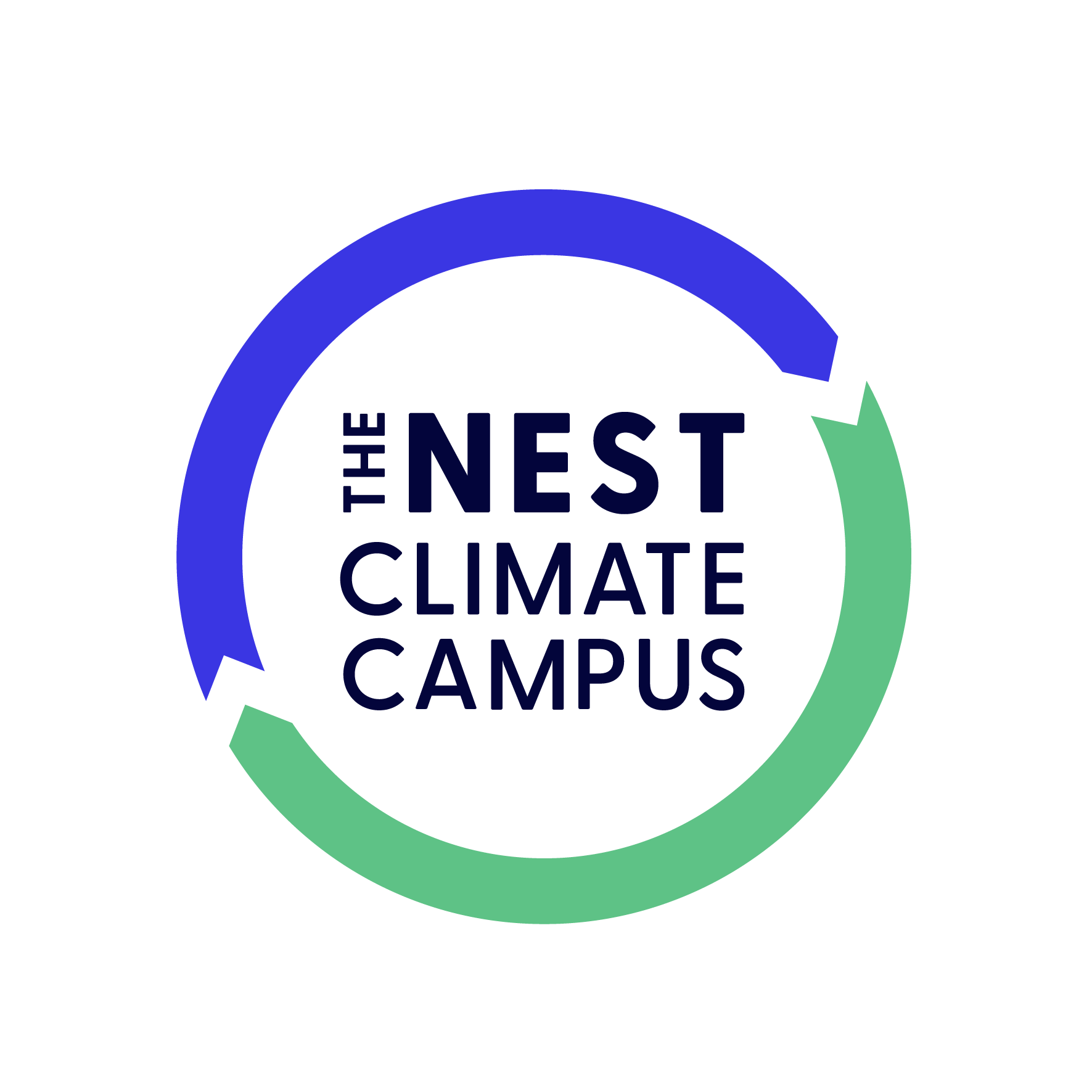WWF @ The Nest Climate Campus
Presented by:

Two days of programming highlighting some of the most intriguing solutions necessary to meet the climate challenge. WWF as one of the largest conservation organizations, is working across the breadth of its expertise to deliver sustained, impactful solutions to ensure a livable future for our planet. Come see what our team is working on, and how you might be a part of it! Your registration not only gives you access to all of WWF’s programming, but to all public programming at The Nest Climate Campus.
9/19 Agenda:
Session 1: Why We All Should Support Seaweed Farming
9:30AM-10:30AM
WWF’s Marcene Mitchell will lead a panel with Oceans 2050’s Alexandra Cousteau and other industry experts as they discuss seaweed as a climate change strategy and a conversion-free crop that builds coastal resiliency worldwide. A short film exploring the value of seaweed will also be debuted. https://crm.nature4climate.org/civicrm/event/info?reset=1&id=51
Session 2: Decarbonizing Industrial Heat: Could it be easier than we thought?
11:00AM-12:00PM
Join us for an interactive session to learn about recent analysis by the Renewable Thermal Collaborative and Boston Consulting Group, showing that we have more opportunities and technology options for meeting our 2030 climate goals than just going after the most difficult to decarbonize sectors that use the highest heat. This interactive session will profile industrial heat emissions in the US in critical sectors, highlight industry opportunities, and dive deeper into the promise and challenges of several unsung technology opportunities. You will hear perspectives from critical stakeholders, industrial energy users and solution providers.
12:30PM-1:30PM
With more and more sectors focusing on Scope 3 data and emission reductions, supply chain data integrity and transparency have never been more critical. In this multi-stakeholder session, panelists from the apparel sector will share reflections, lessons learned, case studies and tools from their work, discussing the role of open data and cross-sector collaboration in enabling and advancing Scope 3 mitigation measures.
Session 4: Forests at the Forefront: Delivering High-Quality Nature-Based Solutions
2:00PM-3:00PM
WWF’s Nature-Based Solutions Origination Platform (NbS-OP) is an innovative vehicle to drive impact at scale for people, climate, and nature across tropical forest landscapes. Supporting a variety of conservation approaches—the NbS-OP will power quantifiable results in priority landscapes using blended finance while simultaneously shifting the global market for transparent, high-integrity NbS.
Session 5: Move Fast Without Breaking Things: The Opportunities in Ramping Up Renewables in a Sustainable Way
3:30PM-4:30PM
A panel of stakeholders to debate the best way forward to accelerated renewable energy deployment. The panel will bring together these stakeholders for a lively debate on how we move forward quickly and sustainably to meet our climate goals.
Session 6: LIVE PODCAST: How Can Companies Advance Global Climate and Nature Goals?
5:00PM-6:00PM
The Paris Agreement and the Global Biodiversity Framework put global governments on the hook to achieve net-zero emissions by 2050 and halt and reverse nature loss by 2030. Achieving both goals will require significant investments from all sectors to protect and restore landscapes and seascapes that serve as the world’s major carbon sinks and provide habitats and ecosystem services to all life on Earth.
9/21 Agenda:
America Is All In Member Breakfast
8:00AM - 9:00AM
Session 1: Decisive Decade Calls for Whole-of-Society Action
9:30AM - 12:00PM
There is no silver-bullet solution to the climate crisis , so there must be action from across all sectors to keep 1.5 degrees Celsius within reach. This session will include exciting announcements and showcase America Is All In and the Center for Global Sustainability’s latest analysis of the climate actions that will enable the United States to meet its 2030 climate target. A diverse set of leaders will share their unique perspectives from transportation, methane, land, and other sectors. They will discuss solution success stories in these critical sectors and challenges to be addressed to meet our climate commitments.
12:30PM-1:30PM
2:00PM-3:00PM
The session will focus on showcasing the imperative of moving United States policy at the local and national levels to reduce food waste and how US leadership can catalyze global policy efforts to mitigate methane emissions. A moderator from the Zero Food Waste Coalition will highlight success stories and challenges to implementing U.S. food waste policy and showcase how the private sector is moving food waste reduction forward.
Session 4: How Companies Can Build Resilience for People and Nature
3:30PM-4:30PM
As climate risks intensify, more companies recognize the need to manage risk and build resilience “beyond the fence line” for natural and social systems critical to their operations and supply chains. Led by WWF, this session will break down a scalable model and the steps needed to operationalize climate resilience in landscapes while using nature. Through a moderated discussion, panelists will highlight what their companies are doing to build social-ecological resilience, giving specific examples in geographies worldwide, and why this is important. Companies will also share challenges and important lessons they have learned in their resilience journeys, including how to thoughtfully manage trade-offs to support resilience to climate change over the long term. The session will include questions and answers from the audience.
Session 5: Reducing Greenhouse Gas Emissions in Food Production
5:00PM-6:00PM
Reducing greenhouse gas emissions in food production is key to keeping global temperatures from increasing by 1.5°C above pre-industrial levels. How can companies strategically mitigate these emissions in their supply chains? In this session, learn more about the Science-Based Targets initiative guidance for the Forestry, Land, and Agriculture sector from one of its developers; the key emissions sources and variation for key commodities including row and tree crops, livestock, and aquaculture from a WWF expert; and from leading data & food and leather companies on how to use data to build supply-chain mitigation strategies.



